As January rolls around, the tax season gears up, bringing with it the need for truck drivers, both company drivers and owner-operators, to get their financial affairs in order. Understanding truck driver tax deductions is crucial, not just for compliance, but for maximizing potential savings.
Tax deductions can significantly reduce taxable income, lowering overall tax liability and possibly leading to substantial refunds. For truck drivers, who often incur a variety of expenses on the road, being knowledgeable about which expenses are deductible is vital.
Common Tax Deductions For Truckers

As a truck driver, you have a unique opportunity to significantly reduce your tax burden through various deductions. These aren’t just minor tweaks to your tax return; they play a crucial role in enhancing your financial well-being.
By effectively managing these deductions, you’re directly impacting your take-home pay, and I want to help you make the most of it.
If you’re a company driver, working as a W2 employee, you’ll find that your scope for deductions is a bit more limited. Typically, you can claim unreimbursed expenses that are directly related to your work.
This might include essential tools or equipment that your employer doesn’t cover. However, it’s important to keep an eye on recent tax law changes, as they might have altered the deductions you’re used to claiming. Staying informed about these changes is crucial so you can fully understand which deductions are still on the table for you.
For those of you who are owner-operators, running your business as self-employed individuals, the landscape looks a bit different. You have access to a broader range of deductible expenses, from the costs of operating your vehicle to maintaining a home office.
To navigate and maximize these deductions effectively, I highly recommend using tools like a printable truck driver expense worksheet. These tools are invaluable for organizing your expenses and making sure you don’t miss out on any potential deductions. By categorizing and keeping track of your various business expenses, you’re putting yourself in a position to significantly reduce your taxable income, leading to more money in your pocket.
Understanding the nuances of tax deductions based on your employment status is essential. It’s not just about following rules; it’s about empowering yourself to claim all relevant expenses and minimize your taxable income.
Common Deductible Expenses for Truck Drivers
Truck drivers, whether company drivers or owner-operators, have several common expenses that are typically deductible. These include:
- Vehicle Expenses:
Significant for owner-operators, this category covers fuel, maintenance, repairs, and insurance. While company drivers might have limited vehicle-related deductions, owner-operators can often claim the total cost of operating their trucks.
- Medical Exams:Mandatory medical exams required for truck driving are deductible. These out-of-pocket medical expenses, crucial for ensuring fitness for the road, can be claimed as business expenses.
- Office Expenses:
Items such as postage, stationery, calculators, and the cost of accounting software fall under office expenses. Even if your ‘office’ is the cab of your truck, these are valid deductions.
Personal Products for the Road:
Expenses for life on the road, such as coolers, logbooks, GPS devices, and cleaning supplies, are also deductible. These smaller purchases, often overlooked, can add up to significant savings. - Subscriptions:
If you subscribe to trucking-related publications or services, these are fully deductible as business expenses. - Taxes and Licenses:
Any taxes and licenses paid for business purposes, like the Heavy Highway Vehicle Use Tax or CDL license costs, are deductible.
It’s crucial to maintain meticulous records of these expenses. Keeping track of receipts, logbooks, and other documentation is essential for claiming these deductions accurately.
Using tools like the truck drivers tax deductions worksheet can aid in this process, ensuring that no deductible expense is missed.
Special Deductions for Owner-Operators

If you use a part of your home exclusively for business purposes, you may be able to deduct a portion of your housing costs, including rent, utilities, and internet service. This is particularly relevant for owner-operators who manage their business operations from home.
Another crucial area of deductions is equipment costs. The expenses incurred for purchasing and maintaining essential equipment such as trailers, specialized truck parts, and safety gear are typically deductible.
This also extends to smaller but necessary items like trucking software or communication devices used solely for business.
To effectively manage and claim these deductions, owner-operators can utilize tools like an owner operator tax deductions worksheet. This worksheet helps in organizing and tracking various expenses throughout the year, simplifying the process during tax season.
Non-Deductible Expenses for Truck Drivers
While there are many expenses that truck drivers can deduct, it’s just as important to be aware of common expenses that are not tax-deductible. Understanding these can help you avoid mistakes and ensure your tax filings are accurate. Here are some examples:
- Personal or Commuting Miles: Miles driven for personal reasons or commuting from home to your primary place of work are not deductible.
- Non-Business Meals and Entertainment: Meals and entertainment that are not directly related to the business of trucking cannot be claimed.
- Clothing for Everyday Wear: Even if you buy clothing specifically for work, if it’s suitable for everyday wear, it’s not deductible.
- Fines and Penalties: Any fines or penalties you incur while on the road, such as speeding tickets or parking fines, are not deductible.
- Home Phone Line: The cost of your home phone line, even if you occasionally use it for business, is not deductible.
- Personal Travel Expenses: Costs incurred during personal travel, separate from business-related travel, are not deductible.
How to Get Truck Driver Tax Deductions
Claiming tax deductions requires a systematic approach, especially for truck drivers who have a variety of expenses to track.
The key to maximizing deductions lies in accurate record-keeping. It’s important to maintain detailed logs of all business-related expenses, including fuel, maintenance, meals, and lodging.
Itemizing these expenses is crucial, as it allows truck drivers to account for each deductible expense accurately. Receipts, invoices, and bank statements serve as essential documentation for these expenses.
For owner-operators, maintaining a separate business account can further streamline this process.
Filing Tax Returns and Extensions
When it comes to filing tax returns, truck drivers, like all taxpayers, must adhere to the IRS deadlines, typically April 15th each year. However, circumstances may require filing for a tax extension, which provides additional time to prepare and file a tax return.
Truck drivers might opt for an extension due to incomplete records, unexpected life events, or simply needing more time to organize finances.
Filing an extension is straightforward but remember, it extends the time to file, not the time to pay any taxes owed. Hence, estimating and paying any owed taxes by the original deadline is advisable.
Putting It All Together
Understanding and utilizing truck driver tax deductions is paramount in managing your financial responsibilities effectively. These deductions can lead to substantial savings, making it crucial for both company drivers and owner-operators to stay informed and prepared.
As we approach the tax season, it’s advisable to begin organizing your records and understanding your deductible expenses.
Seek professional advice if needed, and consider using organizational tools worksheets to streamline the process. Remember, a little preparation now can lead to significant benefits when filing your tax return.

 n claim the total cost of operating their trucks.
n claim the total cost of operating their trucks.
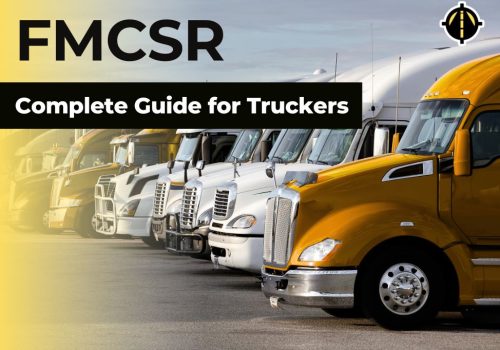
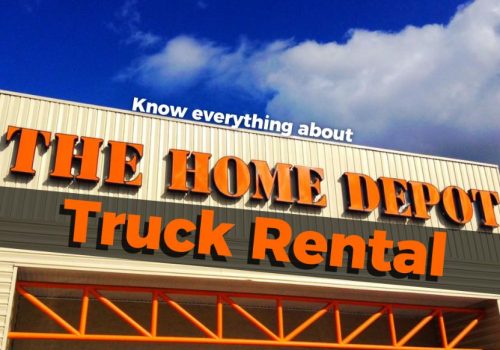

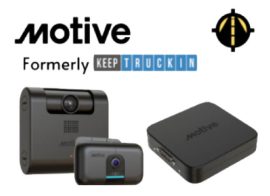
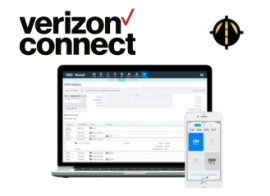


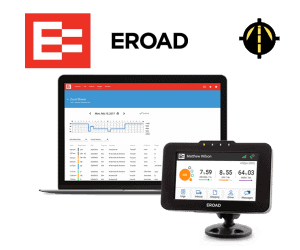
 Answer 5 simple questions to request a
Answer 5 simple questions to request a